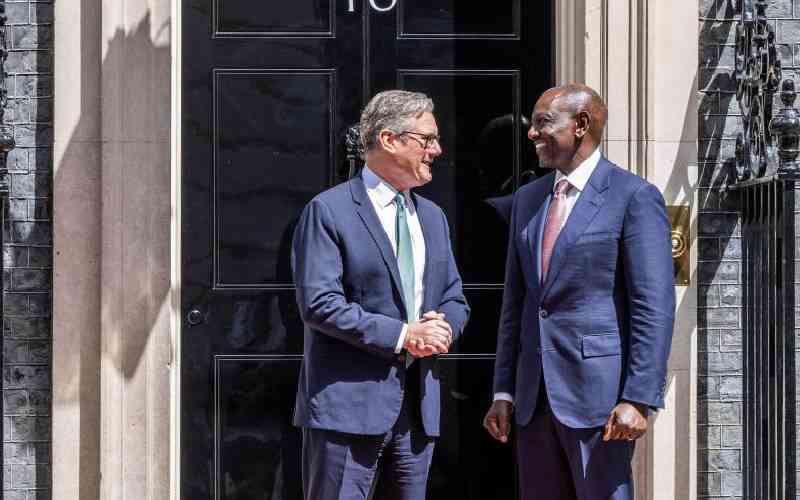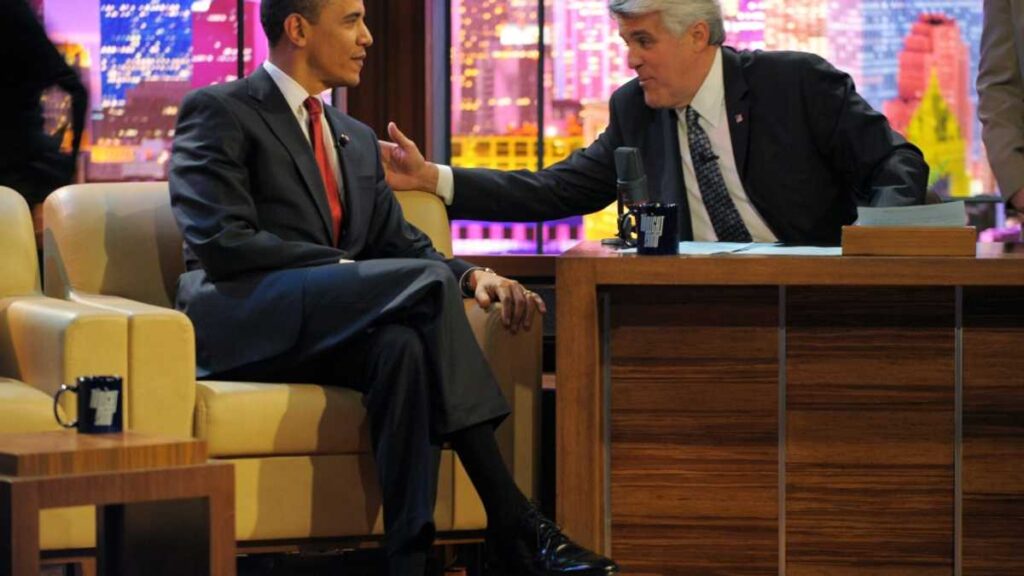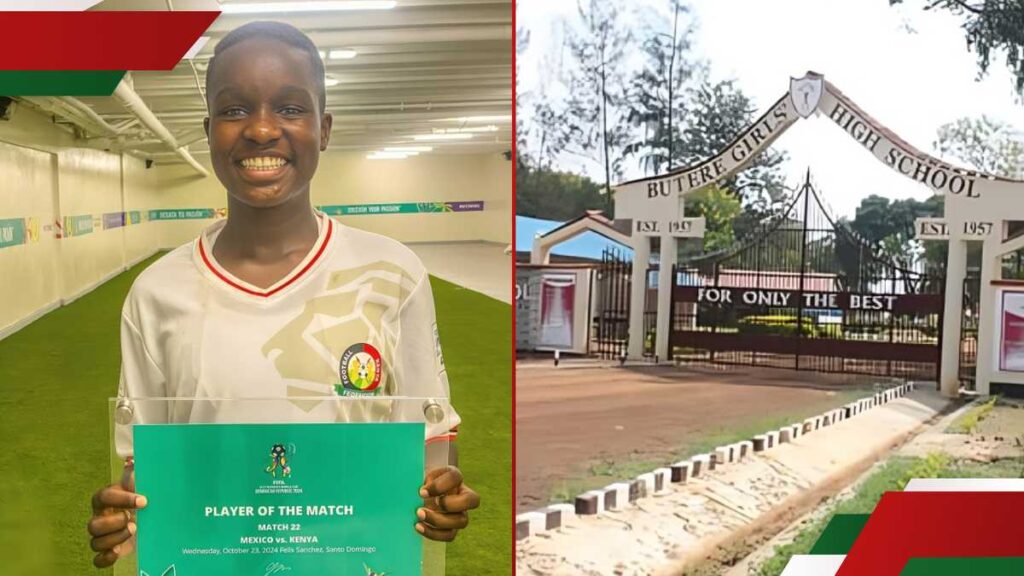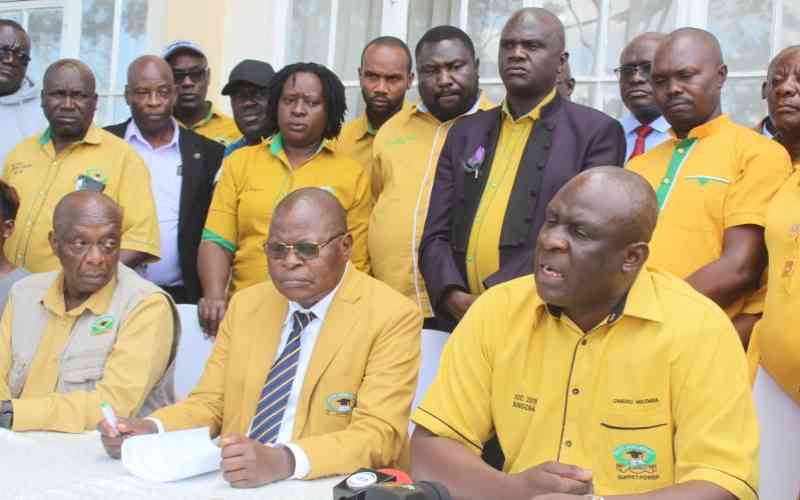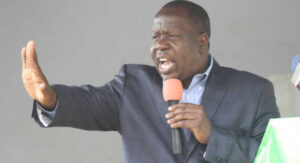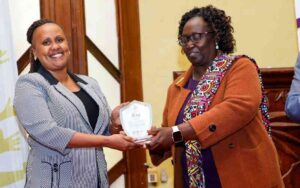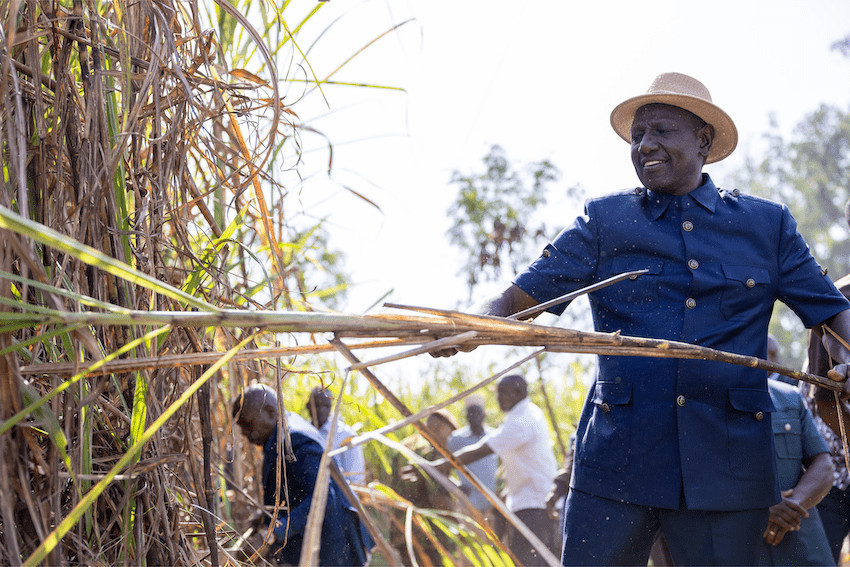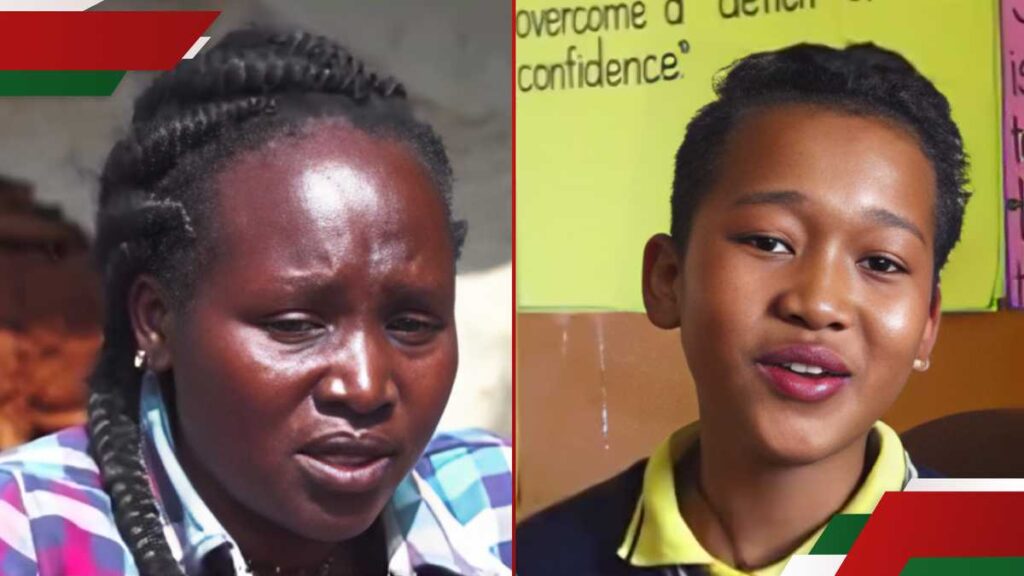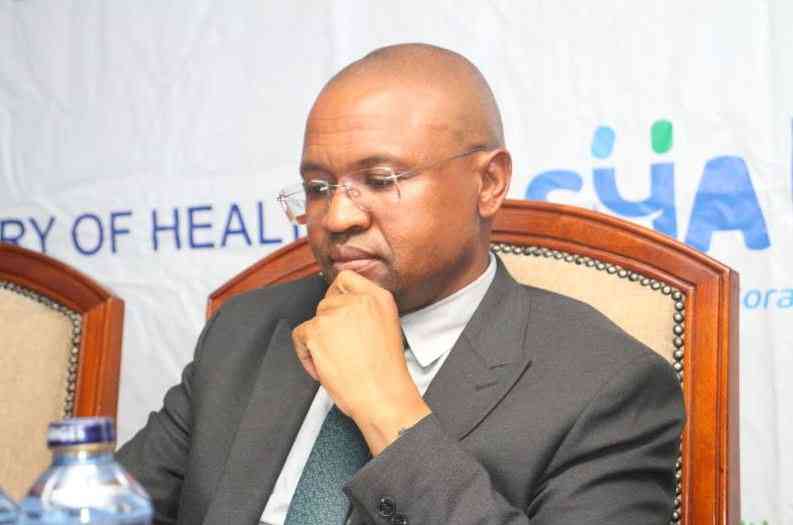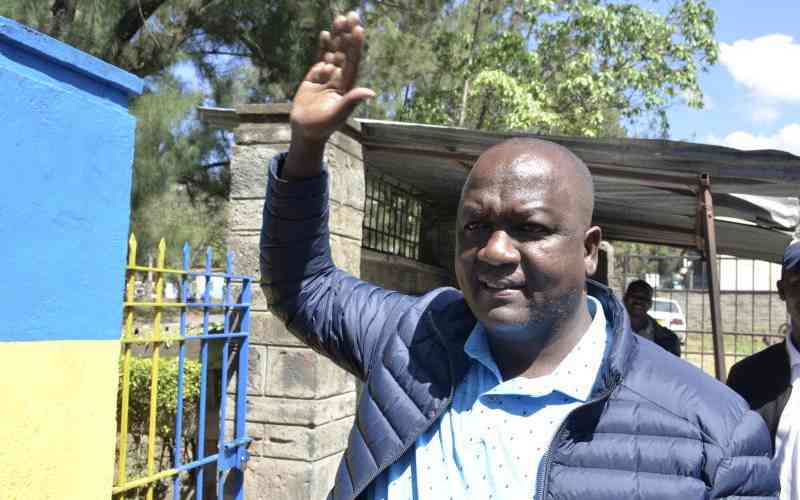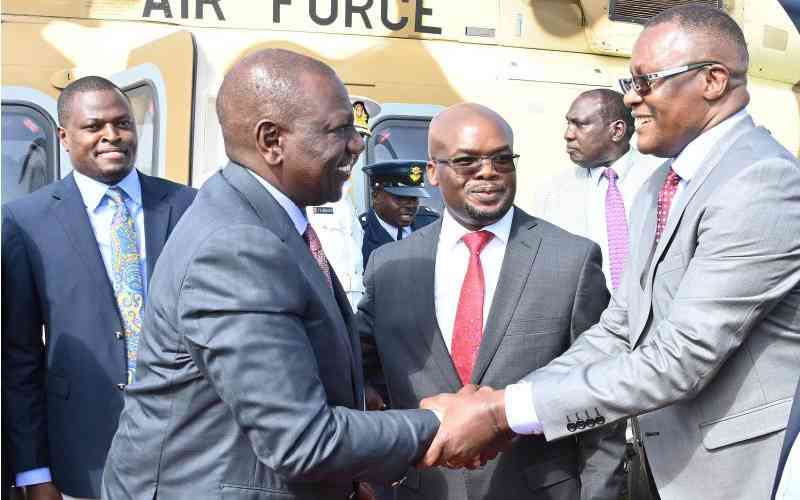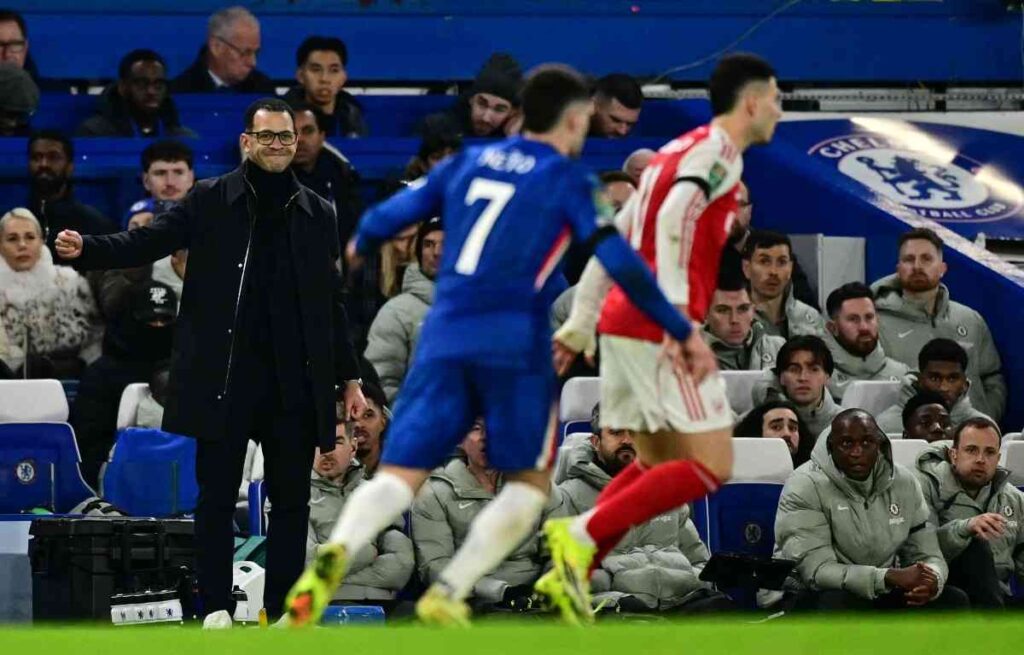British Prime Minister Keir Starmer raised reports of recent police violence in Kenya during his meeting with President William Ruto in the United Kingdom last week.
In a letter to Prof Peter Ndiang’ui, who had opposed the hosting of President William Ruto over police brutality, the UK said it was willing to fund police reforms.
The letter dated July 8, seen by The Standard, is from the UK parliamentary correspondence team in the Foreign, Commonwealth & Development Office, along with King Charles.
“We are aware of recent protests in Kenya and a number of allegations of violence and abduction of activists, opposition figures, and foreign nationals in Kenya,” it states.
It added, “The Prime Minister, in his meeting with President Ruto on July 1, raised reports of police violence. Our High Commission in Nairobi has also raised this issue at the highest level with the Kenyan government, including the importance of compliance with Kenyan and international laws.”
The UK said its High Commission in Nairobi issued statements on June 11, 18, and 24 expressing concern at allegations of Kenyan police brutality.
“This included a joint statement reaffirming every Kenyan’s right to peaceful protest and the importance of preserving civic space, and which called for swift, transparent, and independent investigations into all instances of violence against protestors,” states the letter.
The UK said it enjoys a strong and dynamic partnership with a strong and longstanding nature with Kenya for mutual benefit across a broad range of sectors.
The UK Foreign Office letter explains that the UK’s development funding supports police reform, focusing on human rights-compliant policing and accountability.
In his response to the reply from the UK, Prof Ndiang’ui said the situation in Kenya regarding police brutality and violation of human rights had worsened since Ruto’s visit to the UK.
“The validation of police brutality by top government officials amounts to a deliberate campaign of political terror and destabilisation designed to provoke ethnic divisions, justify brutal crackdowns, and silence dissent,” he said.
He said President Ruto and his top minister must be held accountable for inciting violence and subverting democratic rights.
“The path Kenya is currently on is dangerous, unsustainable, and incompatible with the values the UK claims to champion in its foreign policy. Merely raising concerns is no longer enough,” said Prof Ndiang’ui.
He insisted it was time for the UK to unequivocally and publicly condemn these dangerous directives and to call for the immediate removal of any government officials, including Cabinet members, who incite or sanction violence against citizens.
Stay informed. Subscribe to our newsletter
He asked the UK to demand that President Ruto pursue a path of national healing and inclusive dialogue, rather than unleashing state machinery to intimidate, maim, or kill his own people.
“Silence or neutrality in this moment will be read as tacit approval, not diplomacy. I urge you to act swiftly and boldly. Kenya’s democratic future and the lives of countless innocent citizens hang in the balance,” says Prof Ndiang’ui.
But Prof Ndiang’ui, in response, insists the gravity of the situation in Kenya demands far stronger international condemnation and action.
He said since his last correspondence on June 30, the situation in Kenya has deteriorated alarmingly because President Ruto has now openly ordered the police to shoot protestors in the legs.
The don termed the order a grotesque and unlawful directive that violates both Kenyan constitutional protections and international human rights law.








